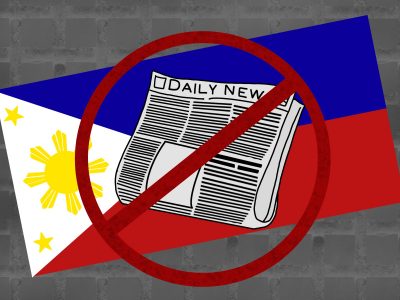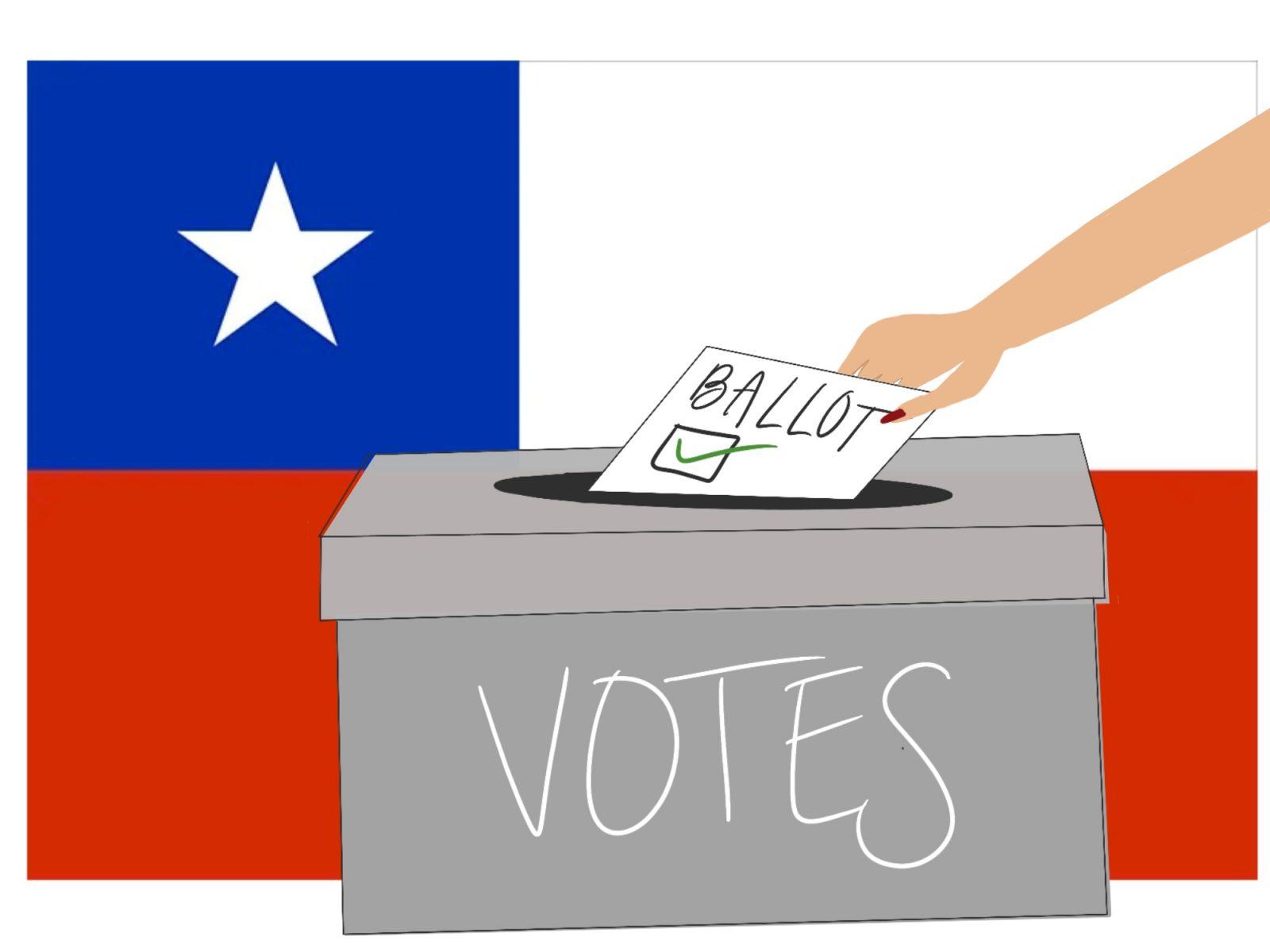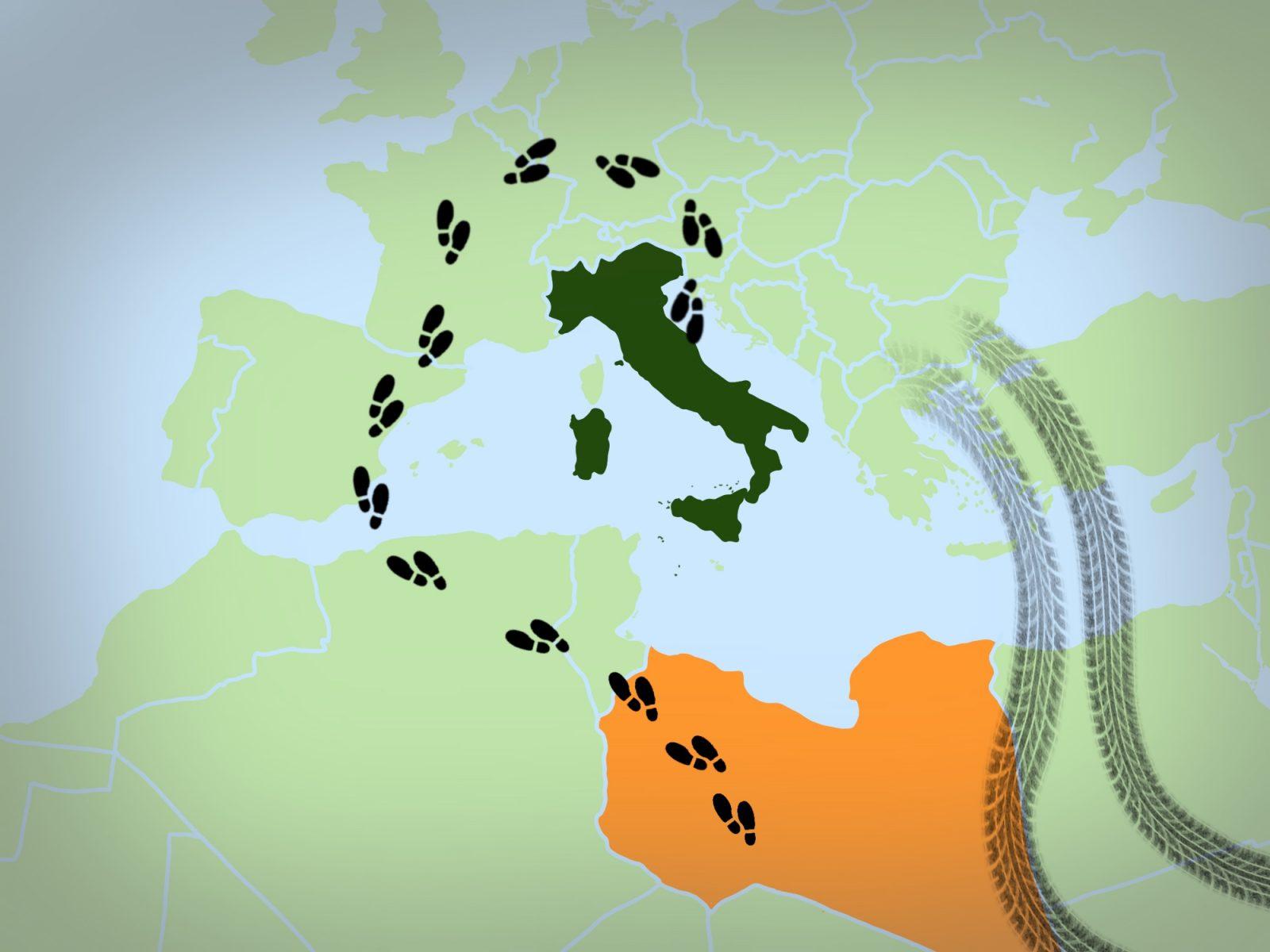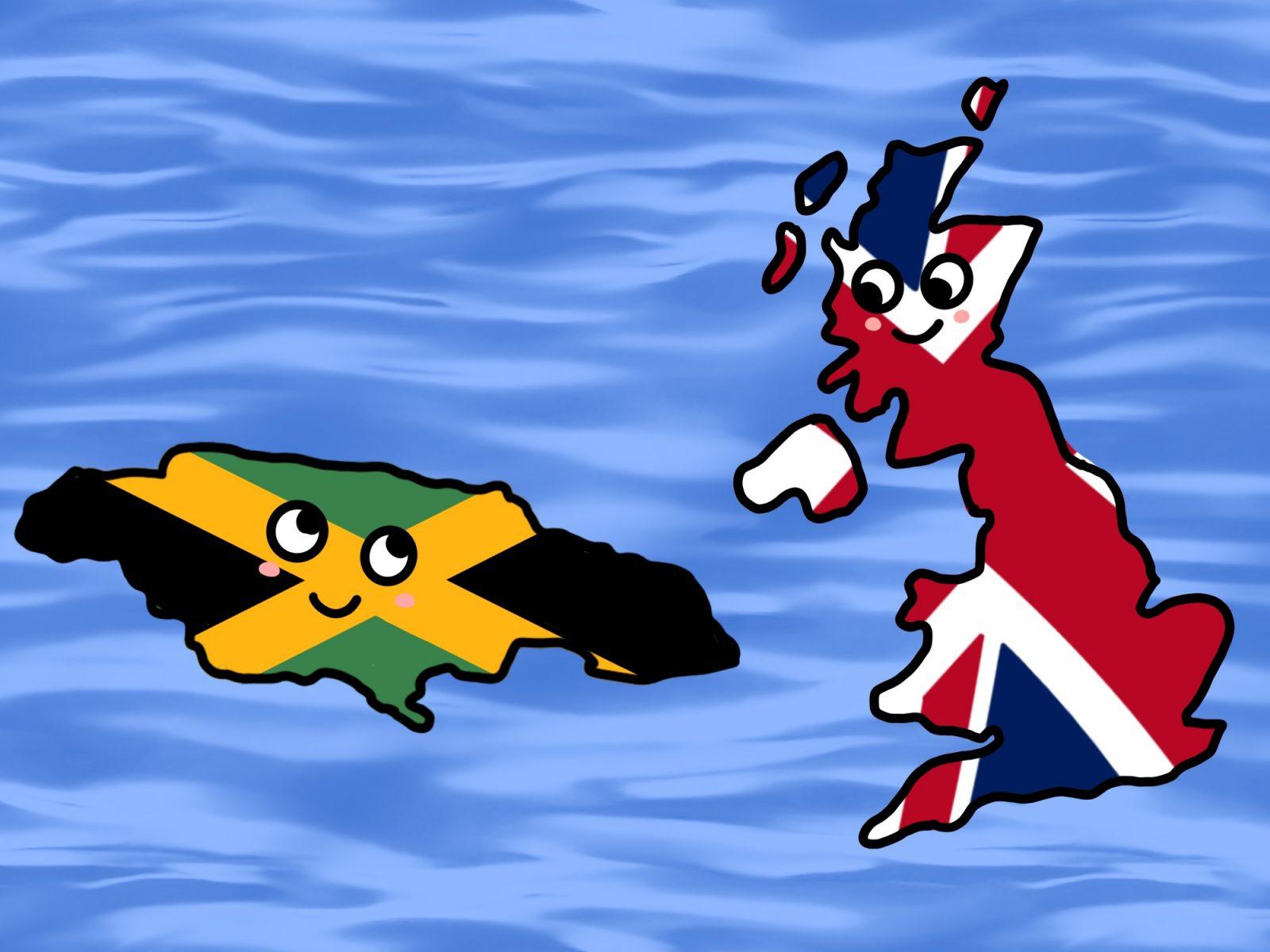This article is a part of an ongoing collaboration between The Daily Free Press and Boston University’s International Relations Review.
The former president of the Philippines, Rodrigo Duterte, announced that he was stepping down as president back in October 2021.
During Duterte’s regime, he was ambitious in not only countering drug trafficking but also controlling the image of the government, and ultimately himself. Thus, he had the power to censor press releases, coerce big media agencies and even kill journalists. It was recorded that 22 journalists had been killed throughout his regime. Moreover, attacks against media agencies reached an all time high of over 100 attacks in recent years.
After a gruesome six years of his run, the shocking news undoubtedly came as a great relief. Unfortunately, that ease was short-lived.
Duterte’s retirement enabled the Marcos family to come back into power after the retirement of Ferdinand Marcos 36 years ago, whose rule was responsible for 14 years of human rights abuse.
Now, with Bongbong Marcos, son of Ferdinand Marcos, as the president and Sara Duterte-Carpio, daughter of Rodrigo Duterte, as vice president, who is to say that the current regime will not be as destructive as the last, if not even more so? In the past few months, numerous journalists have been charged with libel, with no exception to globally-renowned individuals like Nobel Prize-winning journalist, Maria Ressa.

Ressa, the co-founder of one of the biggest press agencies in the Philippines, Rappler, is known to many as an incredibly courageous writer.
At the height of Duterte’s war on the press, Ressa continued to critique the Filipino government, focusing on the brutality and casualties of violence on the streets of the Philippines. While her articles were seen by many as much-needed truths, Duterte’s administration considered them a threat to their power. Consequently, she was charged with libel and will likely be imprisoned to at least six years following her trial.
The legitimacy of these allegations do not matter to the people in power, because they are set on the agenda of catching any individual who they consider a threat. Duterte himself even mentioned that journalists were “sons of b—” and so would go to great lengths to apprehend them, including murder.
In the midst of the trials in the past year, Ressa voiced her concern about the future, asking the readers, “Are we going to lose freedom of the press?”
It is undeniable that issues related to freedom of speech in Asia persists but even among its Southeast Asian neighbors, the Philippines is an anomaly. The severity of the consequences faced by journalists is unique to any other.
It seems as though the Philippines has been stuck in the ongoing battle for freedom of the press for far too long. So the question remains: What makes the Philippines different, and why is it difficult for them to see any changes?
John T. Sidel, a political scientist who currently works in the London School of Economics and Political Science, describes the Philippines’ regime as a “bossist” regime. The use of the new term was intentional, because most authoritarian regimes are not like the Philippines. A bossist regime explains the vicious and predatory nature of the Filipino government.
While Duterte swore to eliminate corrupt politicians and officials, he paved the way for wealthy and elite families to prosper in Filipino politics. Whether these families are the Lopezes, Osmeñas or any others, the peculiar family-base oligarchy is one of the reasons as to why change is almost impossible to achieve, as it exacerbates the issues in the already-corrupt government.
With this system already rooted in the country, it is hard to imagine any significant changes in the foreseeable future, or even a way out. However, we have seen time and time again countries in Asia breaking free of censorship and reaching internet freedom.
The Philippines’ neighboring country, Indonesia, was also once ruled under a dictatorship that prioritized its control over the press. While Indonesia took a long time and endured many tragedies, they prevailed and achieved freedom of press in the end.
The Philippines will undoubtedly take much longer and will go through a significantly more rigorous process than almost any other country in Southeast Asia. Nevertheless, with activists like Maria Ressa, combined with the ever-growing global social awareness, there is hope that one day the Philippines can abolish its corrupt system and censorship.


























































































































